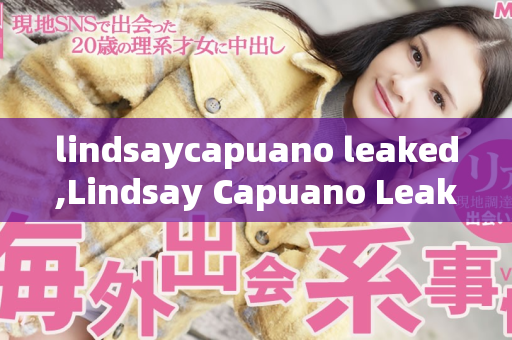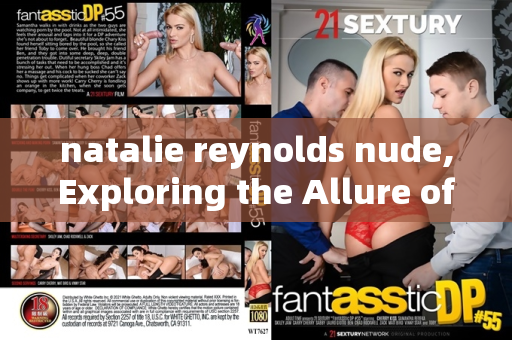
The internet is an ever-evolving landscape where trends can emerge and dissipate within moments. Recently, a surge of online discourse has erupted surrounding Lindsay Capuano, a prominent figure on social media platforms. What initially began as a typical day for the influencer quickly transformed into a whirlwind of attention due to the leaking of certain content attributed to her. This incident has sparked significant buzz online, creating a multi-faceted dialogue about privacy, celebrity culture, and the implications of leaked material.
Lindsay Capuano, known for her vibrant presence on platforms like Instagram and TikTok, has built a substantial following through her engaging personality and content. However, the recent leak of private material has not only affected her but has also ignited discussions among her fans and critics alike. Many are grappling with the ethical considerations of sharing content that was never meant for public consumption. The rapid spread of this leaked content across various online forums and social media platforms has raised questions about consent and the responsibilities of both the creator and the consumer of such media.
As the narrative unfolded, it became evident that the leaked content was not merely a personal breach of privacy but also a reflection of the broader societal challenges we face in the digital age. With the advent of technology, the lines between public and private life have blurred. Influencers like Capuano, who share aspects of their lives with followers, often find themselves vulnerable to exploitation. The incident serves as a cautionary tale for those in the public eye, highlighting the necessity of safeguarding personal information and setting boundaries regarding what should be shared with the world.
The reactions to the leaked content have been mixed, showcasing the polarized nature of online communities. Supporters of Capuano have rallied around her, expressing concern for her well-being and condemning the invasion of her privacy. On the other hand, detractors have taken the opportunity to engage in gossip and spread the leaked material further, demonstrating a troubling aspect of internet culture where sensationalism often trumps empathy. This dichotomy raises critical questions about accountability in online spaces and the moral responsibilities of individuals when encountering such situations.
In response to the leak, Capuano has taken to her social media platforms to address the situation directly. Her candidness about the emotional toll of the incident has resonated with many, emphasizing the human side of influencers often lost amidst the glitz of social media. By sharing her feelings, she aims to foster a dialogue about respect, consent, and the importance of online etiquette. This proactive approach not only seeks to reclaim her narrative but also encourages her followers to reflect on their own online behaviors and the impact they have on others.
Ultimately, the buzz surrounding Lindsay Capuano and the leaked content serves as a significant reminder of the complexities of navigating fame in today's digital world. As conversations continue, it is crucial for both influencers and their audiences to cultivate a culture of respect and understanding. While the allure of scandal might draw attention momentarily, it is the empathy and support for individuals like Capuano that will leave a lasting impression on the landscape of social media. Going forward, we must strive to create spaces that prioritize dignity and respect, ensuring that no one has to endure the invasion of their privacy in such a public manner.









